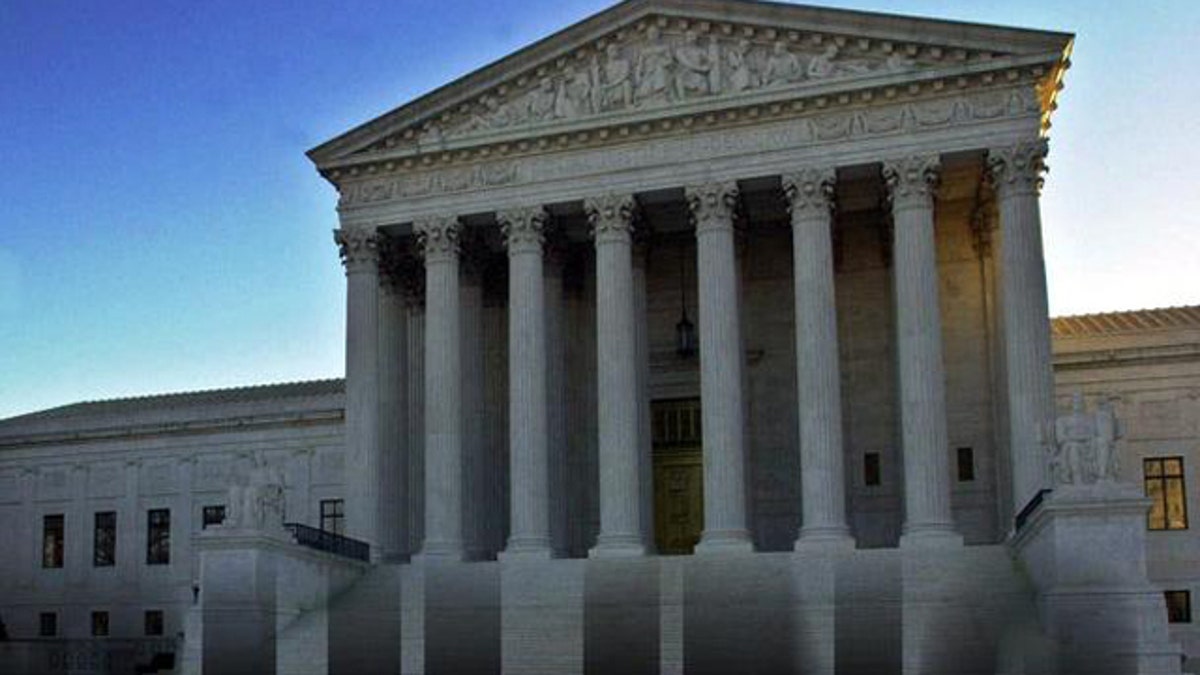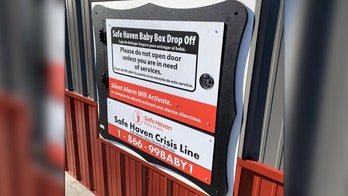
Tallahassee, Florida – Florida attorneys are seeking a dismissal of their clients' guilty pleas to felony charges because, they argue, their defense lawyers did not tell them that a consequence would be deportation.
The attorneys, who are making their argument before the state Supreme Court, cited a 2010 U.S. Supreme Court decision in a Kentucky case that says failing to give the three immigrants such advice violates their constitutional right to effective counsel.
Benjamin Waxman, a lawyer for Leduan Díaz, urged the justices to heed the words of one of their predecessors, William Glenn Terrell, who served on the high court for 41 years until his death in 1964.
"It is better to eat crow than to perpetuate error," Waxman quoted from one of Terrell's opinions.
One question the justices are trying to answer is whether the U.S. Supreme Court ruling is retroactive to pleas entered before it was handed down.
Another is whether a broader warning given by Florida judges that defendants "may" face deportation is strong enough to offset defense lawyers' failure to give clients accurate advice or any at all.
Assistant Attorney General Kristen Davenport argued against retroactivity in part because of the standard judges' warnings.
"We've been warning them about the risk of deportation for 20 years," Davenport said. "Kentucky had not."
That's insufficient because the warnings fall short of advising that federal immigration officials and judges have no choice but to deport non-citizen felons, the defendants' lawyers argued.
Some of the justices expressed agreement.
"Whe Hernández' lawyer, Michael Vastine, said his client did not appeal until after the Padilla decision because he knew any claim would be summarily denied based on the 1987 ruling.
Davenport also argued against retroactivity because it would hamper the administration of justice by unleashing a flood on cases that would be difficult, if not impossible, for the state to retry.
"There is an interest in finality that overrides the interests of an individual defendant," she said.
Under questioning by Pariente, though, she acknowledged the state's five district courts of appeal have issued only 47 opinions citing the Padilla ruling in the intervening two years but contended there's the potential for many more.
Castano's case differs from the others in that she found a new lawyer and immediately appealed rather than wait until the Padilla case was decided. Also, her lawyer testified that he told her he'd heard the federal government was deporting felons and advised her to check with an immigration attorney.
"That's not enough," H. Manuel Hernández argued for Castano. "She was not given real advice in terms of the immigration consequences. She was given legal gossip."
This story is based on reporting by The Associated Press.
Follow us on twitter.com/foxnewslatino
Like us at facebook.com/foxnewslatino




